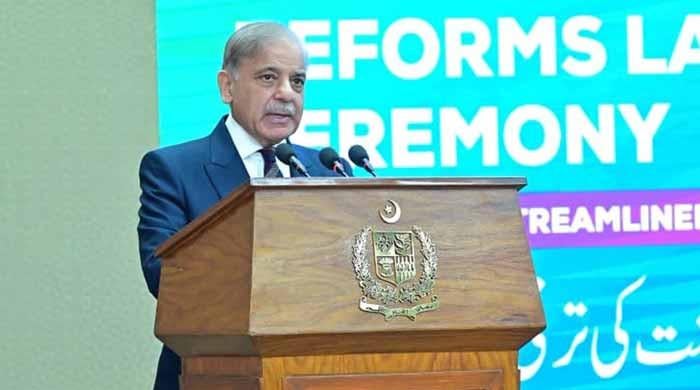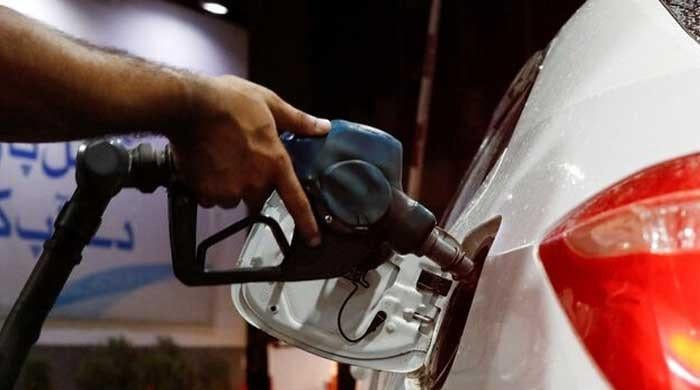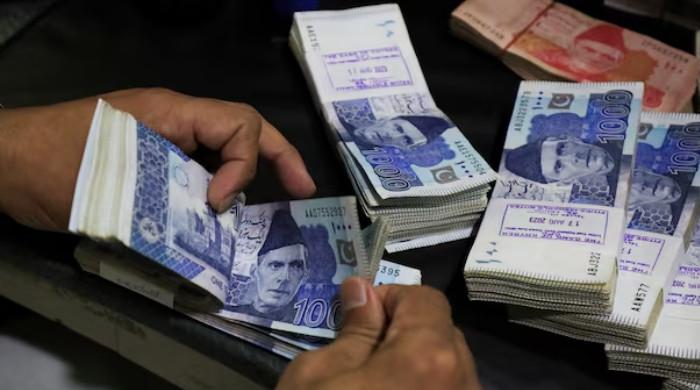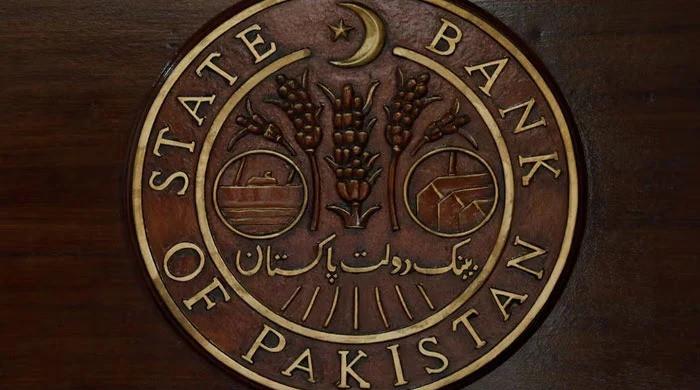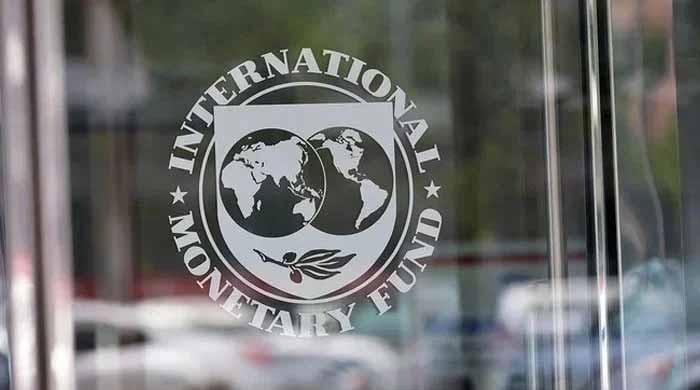IMF refuses endorsement of tariff rationalisation for industry
Fund says plan possesses fiscal risk instead of tackling underlying persistent issues
February 13, 2024
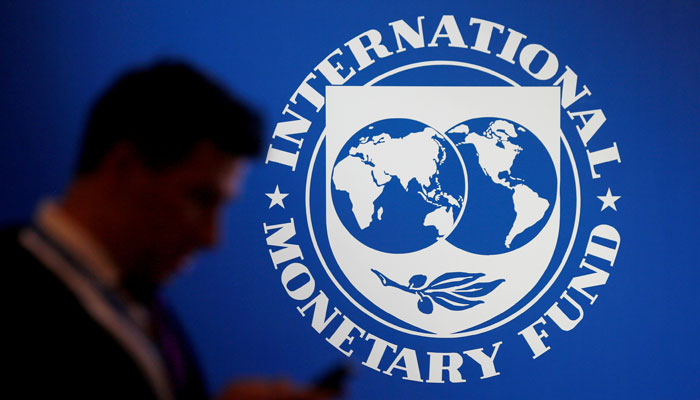
- IMF refuses to endorse plan, as it possesses fiscal risk.
- Fund may also raise objections over unbundling of PIA.
- It hasn't greenlit the settlement of PIA's domestic loans.
ISLAMABAD: The International Monetary Fund (IMF) said it will not endorse reorganising the tariff structure for the industrial sector and reducing the circular debt of the cash-bleeding energy sector, arguing that the plan possessed fiscal risk instead of tackling underlying persistent issues, The News reported on Tuesday.
There is also a risk of the Fund objecting over the unbundling of Pakistan International Airlines (PIA), as the settlement of Rs260 billion would have a cost of Rs32 billion on a per annum basis and there might be a Rs16 billion cost attached to the restructuring of domestic debt.
The Washington-based lender has also not granted approval over the settlement of PIA's domestic loans considering its attached fiscal cost,
In the power sector, the IMF has conveyed to the Pakistan side that the circular debt management plan was not in line with the Fund’s programme. It is essential for the government to focus on broad-based reforms, including reducing the high cost of energy, improving compliance and reducing theft and line losses, ending captive power, and fixing the governance and management of the Discos, as well as keeping up with regular tariff adjustments, added the IMF.
An official, who was involved in parleys with the IMF, told The News that Pakistan utilised the dividends of companies as a source for the settlement of circular debt of the energy sector in the past.
Citing an example, he said that when the PML-N-led government came into power then they settled Rs480 billion circular debt of the power sector but this was done just ahead of joining the IMF programme. When there is any fiscal cost attached to the clearing of the CD plan, the IMF would raise objections over it and the same happened in this case.
The IMF asks for tackling the underlying structural problems such as improving the energy mix, curtailing leakages and improving the collection of bills as well as rationalising tariffs in line with recovering the cost of energy to make this sector sustainable.




